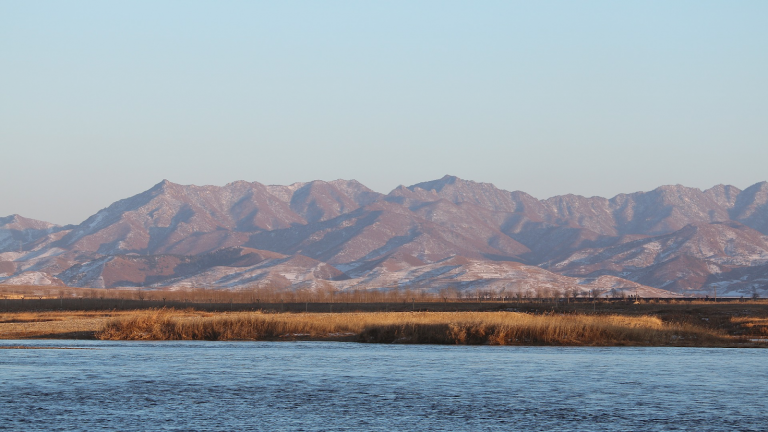North Korea is set to receive 2 million coronavirus vaccines from the World Health Organization (WHO) under the agency’s COVAX program to help underprivileged nations access vaccines. However, Pyongyang has consistently claimed to have no case of CCP Virus infection within its borders.
Why are the vaccines are being sent to North Korea when several other developing nations are struggling to control the pandemic? Of course, just because the North Korean government claims it has no virus doesn’t mean that this is the case.
“Considering the special relationship between China and North Korea, there is a high possibility that a COVID-19 case was found in North Korea before South Korea, but considering the health situation and capacity of North Korea, it is unlikely that the patient was confirmed… If the North Korean authorities do not officially acknowledge the confirmed cases, no one knows how serious the situation there has become. A lot of time has already passed,” Hwang Seung-sik, a Spatio-temporal epidemiologist at Seoul National University, said to The Diplomat.
Information about North Korea receiving coronavirus vaccines was revealed in a report by the COVAX Facility overseeing the distribution part of the project. Vaccines developed by the University of Oxford and AstraZeneca and manufactured in India are sent to North Korea.

The roughly 2 million doses will be enough to inoculate 1 million people, given that each person requires two doses. The country has a population of around 25 million. It is therefore most likely that the vaccines will only go to people working in the government.
Success
You are now signed up for our newsletter
Success
Check your email to complete sign up
Pyongyang’s closest to admitting there are infections in the country was in July last year when a state newspaper reported an emergency in Kaesong City. A person was suspected of having the virus, but the case was never confirmed.
North Korea’s strict quarantine program
North Korea follows a strict quarantine program for people suspected of being infected. More than 3.3 million people have passed through the state quarantine measures. Masks have been made mandatory in the country, gatherings banned, and people’s movements are restricted.
Jieun Baek from the Korea project at Harvard’s project center, said to Wired:
“They’ve really reinforced border security with more border guards… They’ve created buffer zones between one and two meters wide at the border”.
In September last year, the government even issued a shoot-to-kill order to prevent the infected individuals from entering the nation. State media have pushed bizarre theories about the pandemic, warning people that snowfall and migratory birds can spread the infection. The extremely stringent restrictions are in place because the country has a flawed healthcare system. Most citizens do not even have access to soaps or hand sanitizers. Hence, any infection is almost guaranteed to spread quickly, kill many people, and throw society into chaos, thus risking the power of Kim Jong-un’s regime.
The government has been cautious in maintaining its image and brainwashing people into believing that the country is not at risk of the virus and everything is under control.
The border closings and monitoring have also had a side effect – fewer numbers of North Koreans escaped the country last year. According to Seoul’s unification ministry data, only 229 North Koreans defected to South Korea in 2020, far fewer than 2019’s 1,047 defectors.
Follow us on Twitter or subscribe to our email list















